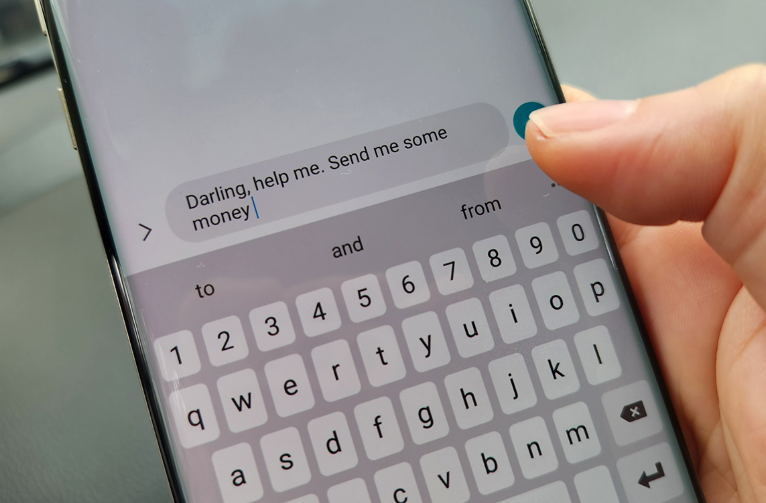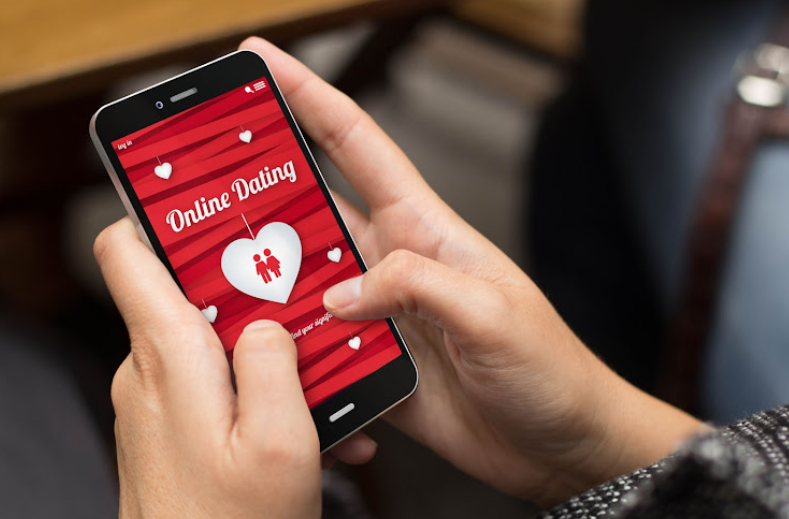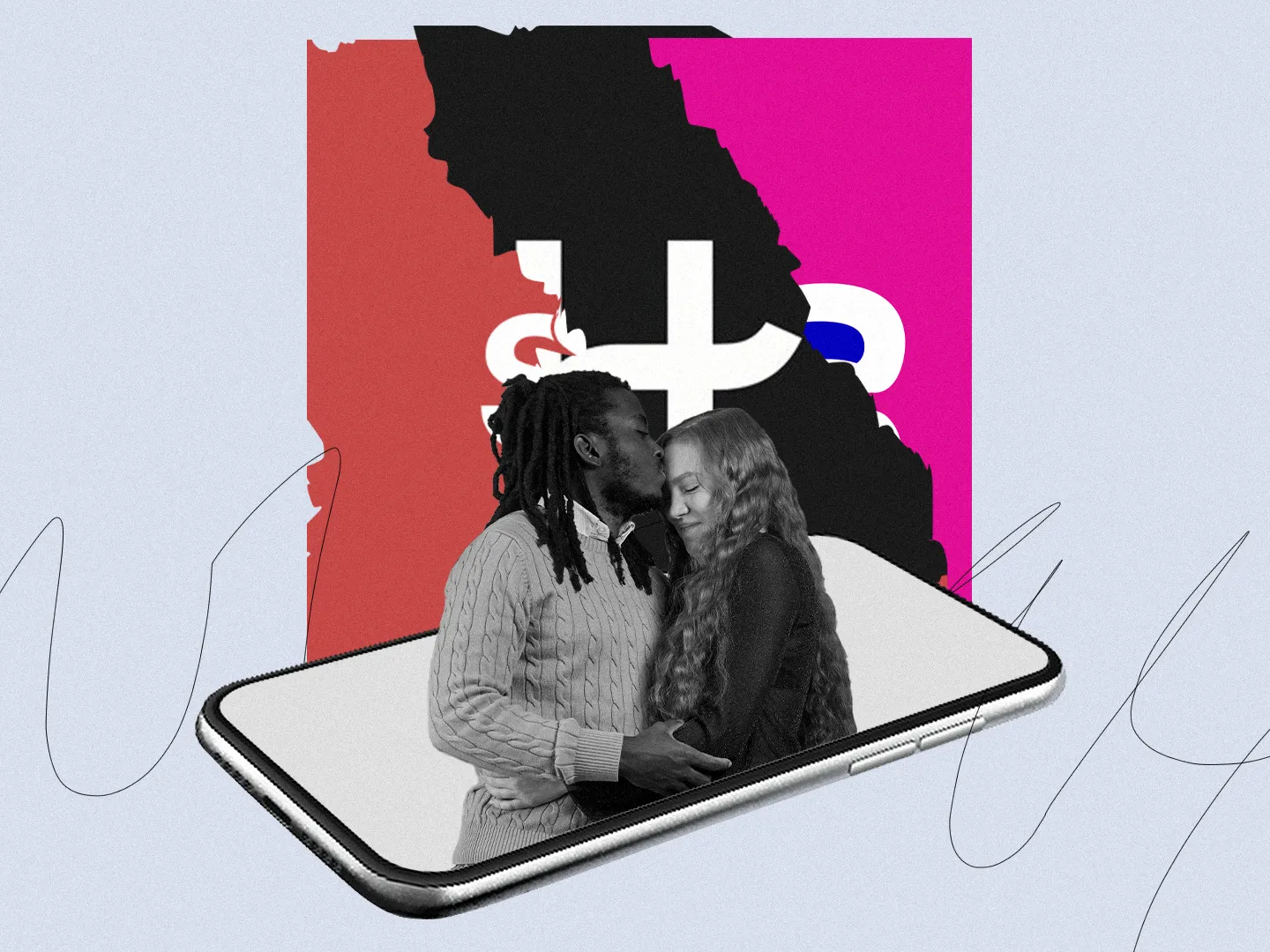Be careful with online dating: Scammers sometimes cleverly feign emotions when they’re really only interested in money. How to recognize fraud and what to do.It starts innocently enough: with a match on Tinder. Kathrin, whose real name is different, quickly gets butterflies in her stomach. “We got along well, had a good rapport, and for a while, we accompanied each other throughout the day,” says the 43-year-old.Her match: Tom (name changed). An attractive engineer living in Texas, he’s currently in Germany to apply for a construction project. Tom isn’t pushy, but rather particularly empathetic. For several weeks, the two text and talk on the phone daily, including via video. The beginning of a love story? No, because Tom isn’t interested in feelings, but in money.
Romance scamming is a multi-million dollar business
Romance scammers steal millions of euros in Germany every year. This form of online fraud, known as “romance” or “love scam,” occurs on all dating apps and social media platforms like Facebook and Instagram.
It is made to seem like you are interested in the person, that you are developing emotions for the person.“
Oliver Hoffmann, State Criminal Police Office of Baden-WürttembergThis usually takes place over a longer period of time, explains Oliver Hoffmann from the Baden-Württemberg State Criminal Police Office.
How to recognize the fraud
The perpetrators, who are usually based abroad, operate skillfully, playing on people’s emotions. But how can you identify romance scammers?
- Contact mostly in English
- very attractive images that create a serious impression
- interesting life story and professionally successful, e.g. engineer, doctor or architect
- quickly great interest and exaggerated expressions of love
- Contact only online and by phone
- For a specific reason, e.g. family emergency or a blocked account, they eventually ask for money.
“The most important warning signal is the financial aspect, which comes into play at some point,” says Nico Rudolf from the fraud prevention department at ING.
As soon as the person urgently needs money or is in an emergency situation, you should break off contact.“
Nico Rudolf, Fraud Prevention Department at ING
New scam: fake bank accounts
The case of Kathrin from southern Germany is typical. After a few weeks, Tom needs her help. Because he doesn’t have access to his own bank account, Kathrin is supposed to log in and make transfers for him.What a show of trust, she thinks. But after a few transactions, the account is suddenly blocked, and just then, Tom seemingly finds himself in dire straits. Kathrin wants to help and transfers him 5,000 euros.
I would have transferred 39,000 euros to him if I had had that.“
KathrinKathrin had no doubts. “I had also been to his account before and saw that there was over a million US dollars there,” she says.A fake bank account to build trust. This isn’t an isolated incident, according to Oliver Hoffmann. “This variant, where perpetrators now offer their own account to make transfers, is a new scam we’re seeing.”
Victims should: secure evidence and file a report
Many victims are ashamed and therefore keep the fraud secret. However, filing a report is the police’s only chance to take action against the perpetrators.Oliver Hoffmann of the State Criminal Police Office advises: Secure all evidence—e.g., text messages or bank transfer data—and file a report quickly. This can also be done online, via the
police’s “Online Watch . “
Bank stops transfer
Kathrin is lucky: Her bank detects the fraudulent activity and stops the transfer. But the emotional damage remains.

is an American author, blogger, and cybersecurity specialist based in Florida. He developed an interest in writing during his school years, which later led him to create content aimed at raising awareness about various forms of online scams, particularly in the world of online dating.
On his platform, Scam Service Report, Hall shares analytical articles and practical advice to help users recognize and avoid traps set by scammers on dating websites. He describes common scam scenarios in detail—such as quick declarations of love, urgent requests for money transfers, refusal to engage in video chats, and attempts to move conversations off the dating platform.



